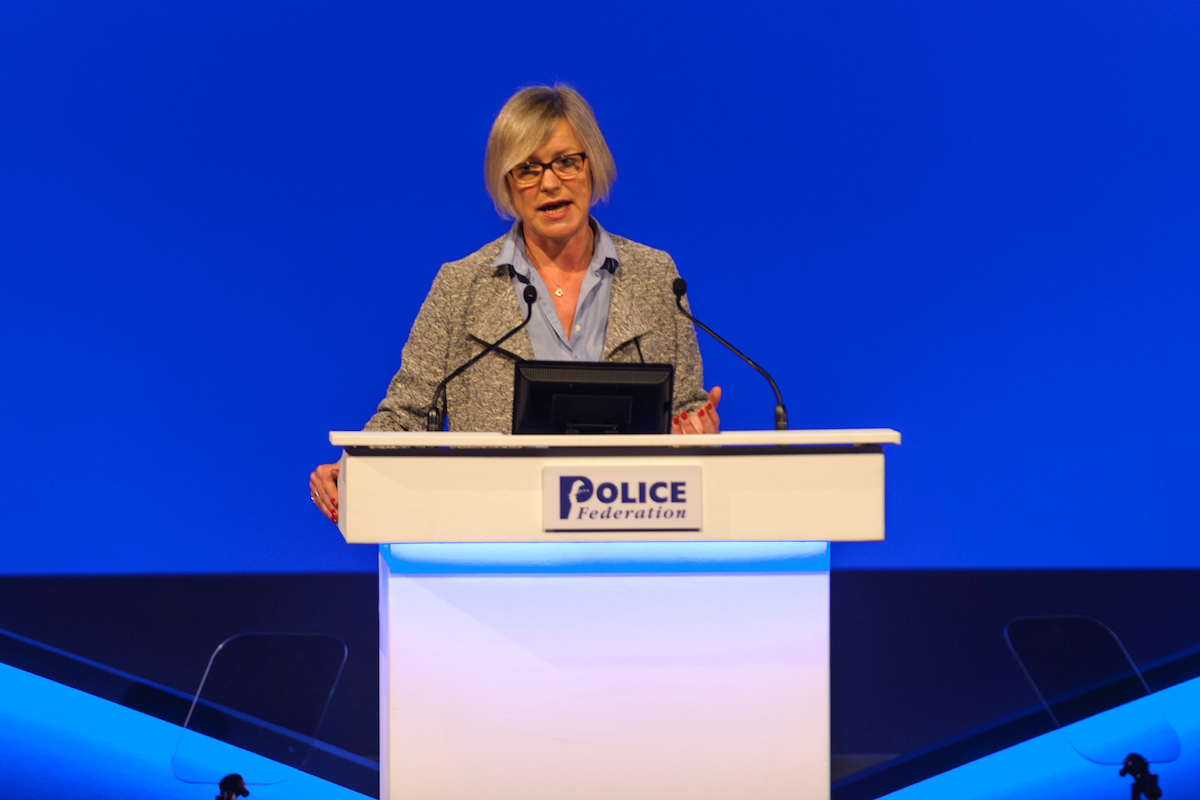Plan to help tackle policing stress, depression and anxiety
A NEW nine-point plan is to be introduced to help forces tackle unprecedented levels of stress, depression and anxiety in the police service.
The programme – planned for launch later this year – will ensure that officers and staff have adequate training on mental health awareness, according to Che Donald, the Police Federation of England and Wales’s lead on officer welfare.
He told the Federation’s Annual Conference: “This is not just for front line PCs, sergeants and inspectors, it goes all the way up to the top. Because I think the issues normally come from above the federated ranks.”
Further details have not yet been made available as the plan is still in consultation, according to Mr Donald, but he said it would mirror the seven-point plan that was introduced last year to drive down police officer assaults.
Mr Donald was speaking after the national survey on officer demand, capacity and welfare revealed eight in 10 police officer reported feelings of stress, low mood and anxiety and that 92% of these indicated that their psychological difficulties had been caused or made worse by work.
Mr Donald said: “There is a lack of care, compassion and welfare provision for our members. A police service is only as effective as its workforce and we need to do everything that is in our power to make sure the protectors are protected.”
Sara Thornton, Chair of the National Police Chief’s Council, (pictured) said: “As soon as you have agreed your nine-point plan, I welcome you to come to Chief Constables’ council and I will do everything I can to support it.”
She added: “We must think about the nature of the policing role. You put yourselves in harm’s way. Your work can be harrowing, draining, exhausting. Your survey shows that mental wellbeing is considerably poorer than the adult population.”
As Chief Constable of Thames Valley Police, Ms Thornton visited the wife of a police officer who had killed himself. The conference heard: “She said he couldn’t tell anyone at work because of the fear of the impact it would have on his career. That was salutary lesson to me.”
Sir Tom Winsor, HM Chief Inspector of Constabulary told the conference in Birmingham that in the course of their duty, police officers often experience harrowing incidents. He listed cot deaths, teenage suicides, road accidents among them, adding: “Do forces acknowledge the knock on effect for these officers’ families? Officers may not be able to dispel what they have seen and then be drawn into depression. Their families suffer too. Do forces have adequate provisions to support these police officers?”
A straw poll at the conference revealed that 86 per cent of delegates believed their force was not doing enough to provide access to assistance to police officers for mental health issues.

